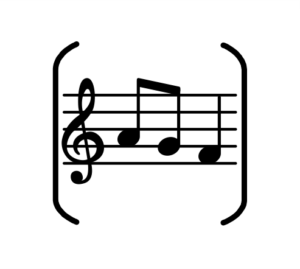Music
The Music Curriculum at The Pines
The music curriculum is ambitious for all learners and aims to inspire them to help them develop a love of music. It aims to allow all learners to engage with high quality music to help develop their self-confidence, creativity and sense of achievement. Through our well-planned and sequenced curriculum, learners will be able perform, listen to, review and evaluate music across a range of historical periods, genres, styles and traditions. The curriculum enables learners to be explore and explore a wide range of music from a range of cultures to help develop their cultural literacy. Learners will have regular opportunities to create and compose music on their own and with others. They will have opportunities to learn musical instruments and use modern technology to develop their talent as musicians. We understand that music is a universal language that embodies one of the highest forms of creativity, which can be accessed and enjoyed by all.
Intent
We enable all learners to develop a passion for music, in which they learn to appreciate a wide range of music and develop a life-long love of music. We aim to develop their skills, knowledge and understanding, to enable them to perform, compose, listen and respond to music. We introduce learners to a variety of genres of music from around the world and across generations, recognising the multicultural nature of our school community and we use music to explore and appreciate British and other cultures. We develop learners’ musical skills through enabling them to compose music by singing and playing a range of instruments. We aim to develop transferrable skills, which are key in their development as learners and have a wider application in their lives such as communication, working with others, creative thinking, decision-making and developing confidence.
Implementation
Musical awareness is developed from Early Years and learning is carefully mapped is taught progressively to build up knowledge year-on-year and ensures that previous skills and knowledge are returned to and built upon. Learners are exposed to an increasing range of music to create engaging, enriching learning that progresses through the years and throughout the Key Stages. The school employs a music therapist who works with a small number of children to support their psychological, emotional, cognitive, physical, communicative and social needs. In primary, the music therapist delivers a weekly singing assembly where learners are able to practice their performance skills as well as learn new key vocabulary. In music lessons, learners are encouraged to perform, rehearse, sing and explore their own musicality. Lessons typically comprise of: performing, listening, composing, and exploring the history of music and the interrelated dimensions of music. Learning enables children to recognise and name the interrelated dimensions of music: pitch, duration, tempo, timbre, structure, texture and dynamics and use these in their own composition and improvisations expressively. Music is regularly explored across the curriculum such as through morning routine songs, number bond songs/rhymes within maths lessons or exploring historical facts about music within history lessons.
Impact
Learners are engaged and excited by our music curriculum. The skills that they are taught equip them with a range of skills to enable them to appreciate music throughout their lives. The skills that they are taught help to also develop key transferable skills, which are important for their daily lives. Learners become confident performers, composers and listeners, who are able to express themselves musically at school and beyond. Leaners demonstrate an appreciation and respect for a range of music from a variety of cultures and generations. Our children progress throughout the music curriculum and make progress and are able to develop the cultural capital needed to achieve success in their lives.
